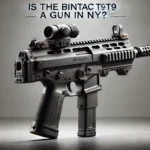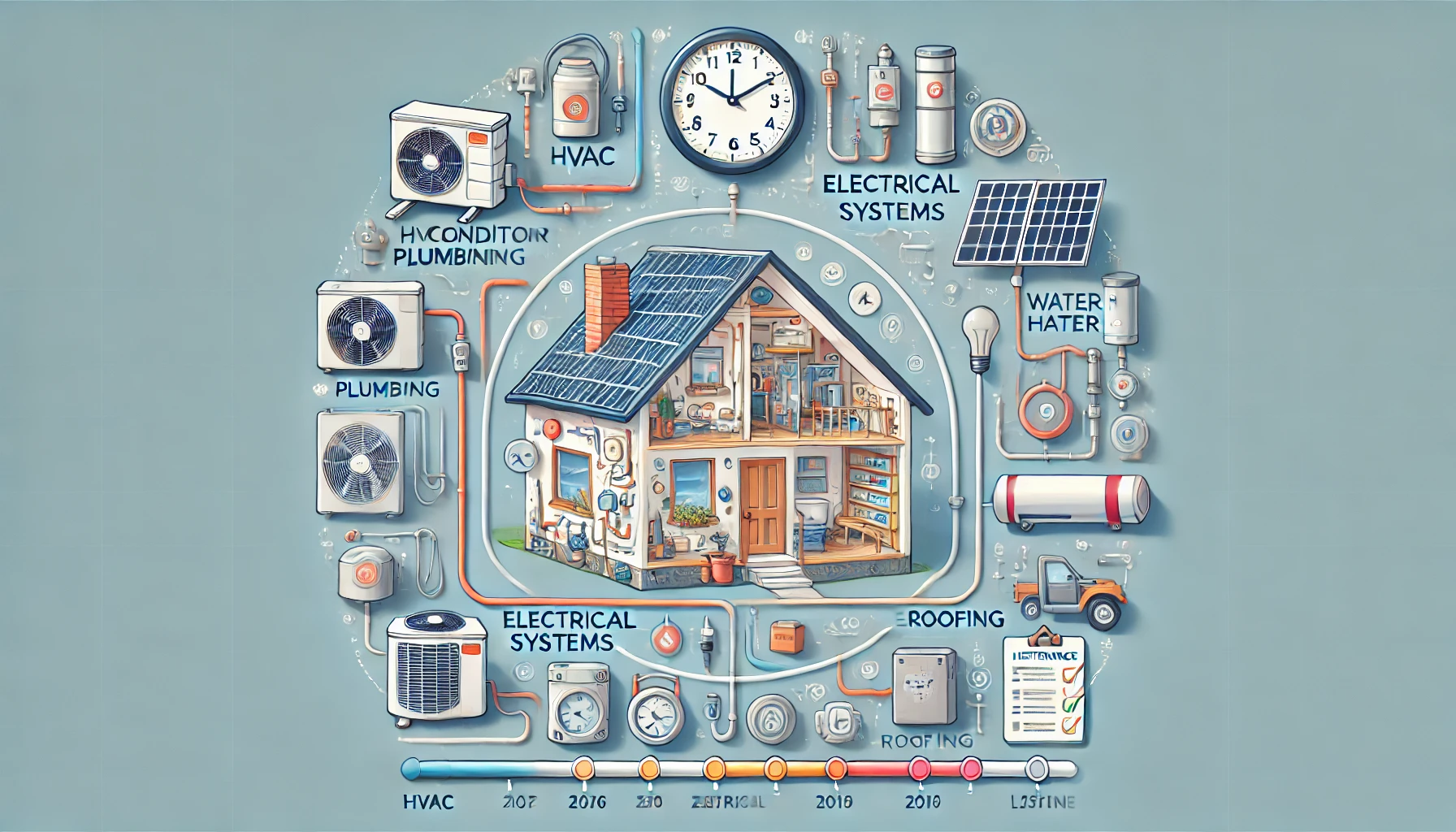“World Book l Prls Libares” might sound like a mystery phrase, but it holds value for anyone who loves knowledge, education, and global access to information.
At its core, it hints at a connection between books, libraries, and perhaps digital tools that bring them together.
Let’s unpack what makes this keyword worth your time.
Imagine you’re trying to access rare books or materials for a school project or personal research.
What if there was a global library network at your fingertips?
That’s the idea behind “World Book l Prls Libares.”
Whether you’re a student, teacher, or lifelong learner, understanding how global library systems work can open doors to endless resources.
Libraries: The Backbone of Knowledge
Libraries have always been more than just buildings full of books.
They’re a lifeline for learning and discovery.
Public libraries, university collections, and even private archives play a role in creating a world where information is free and accessible.
Here’s what modern libraries offer beyond traditional books:
- E-books: Access millions of titles without leaving your home.
- Research Databases: Perfect for students needing credible sources.
- Workshops and Events: Skill-building sessions for all age groups.
- Community Programs: Support for everything from job hunting to language learning.
The “World Book l Prls Libares” concept suggests a future where these resources connect on a global scale.
Why “World Book l Prls Libares” Could Be a Game-Changer
Picture this: A single platform where every library around the globe shares its collections.
Here’s what that could mean for you:
- Easy Access: No more hunting for rare books in faraway locations.
- Diverse Resources: Explore materials from different countries and cultures.
- Cost Savings: Free access to expensive textbooks and academic journals.
- Convenience: Access everything digitally, anywhere, anytime.
This vision isn’t just fantasy.
Many organizations are already working toward creating international library networks.
Real-Life Examples of Library Networks
To better understand “World Book l Prls Libares,” let’s look at some existing efforts:
- WorldCat: A global catalog of library collections with millions of listings.
- Digital Public Library of America (DPLA): A digital hub for accessing materials from U.S. libraries, museums, and archives.
- Europeana: A treasure trove of cultural heritage from European institutions.
- HathiTrust: A digital library partnership offering millions of books and documents.
These platforms give us a glimpse of what a unified “World Book l Prls Libares” might look like.
How Can You Use “World Book l Prls Libares” to Your Advantage?
Whether you’re a student, professional, or casual reader, here are ways to make the most of such resources:
- For Students: Research projects become easier when you can access academic journals for free.
- For Professionals: Stay ahead in your field by diving into specialized books and reports.
- For Readers: Find rare titles and explore genres you’d never encounter in a local bookstore.
These tools can bridge gaps in education and make learning more accessible for everyone.
FAQs About “World Book l Prls Libares”
Is “World Book l Prls Libares” a real platform?
Not exactly.
It seems like a conceptual term, possibly referring to a vision of interconnected library systems.
But the idea is very real, with platforms like WorldCat and DPLA paving the way.
Can I access these global library networks for free?
Many resources are free, especially if you have a library card.
Some advanced databases or rare materials might require a subscription or institutional access.
How do I start using global library tools?
Here are some quick steps:
- Get a library card from your local library.
- Check if they’re part of any global networks like WorldCat.
- Explore digital resources available through their website.
- Use platforms like Europeana or DPLA directly.

Are there any downsides to these systems?
While they’re incredibly useful, challenges include:
- Limited Access: Some materials might be restricted based on location.
- Tech Barriers: Not everyone has reliable internet access.
- Copyright Issues: Sharing materials globally can raise legal questions.
What’s Next for “World Book l Prls Libares”?
The dream of a unified global library is closer than ever.
Efforts like digitization, cloud storage, and international partnerships are making it possible.
But it’s up to us—readers, educators, and tech innovators—to support these initiatives.
So next time you’re hunting for that hard-to-find book, think about how “World Book l Prls Libares” could change the game.
From rare manuscripts to modern bestsellers, the possibilities are endless.
Let’s embrace a world where knowledge knows no borders.
“World Book l Prls Libares” isn’t just a keyword—it’s a vision for the future of learning.












